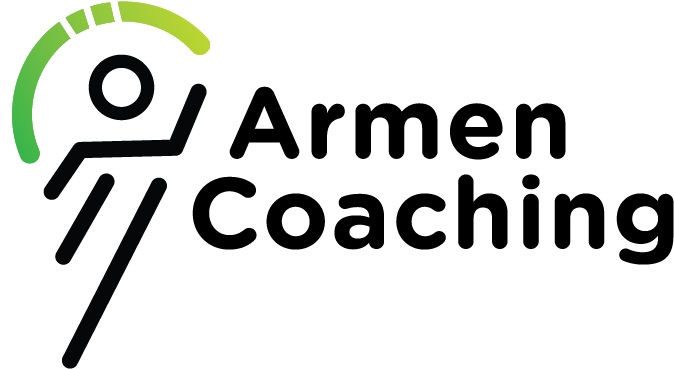I’ve witnessed almost one full cycle of a pendulum about stretching for runners. On the road racing scene in greater Boston circa 1970, stretching was a rarity. At a race, you might see a few desultory toe touches and some drill-like activities (high knees and butt kicks) around the start line, but that’s about it. People warmed up, raced, cooled down. Training consisted of running.
Regular stretching seemed to become normalized during the running boom of the 70s/80s. [omit rambling conjecture about the converging demographic trends, commercialization of the sport as the market grew, etc.] Causes aside, it seemed that just about every runner stretched, and just about any book or magazine included the topic as a matter of course.
I participated in this trend, stretching dutifully before and after running, and often at other times such as stretching my quads in a grocery store line (to the embarrassment of my children!) But during this period, I don’t recall any debate in the popular press, or local runners, about whether to stretch. It was assumed that flexibility is good for running, and that stretching induces flexibility.
Today the benefits of stretching are increasingly being questioned. Beginning about 10-15 years ago, some studies demonstrated that the type of stretching mattered; specifically, that static stretching before training/racing had the negative effect of reducing a desirable tension in the muscles. I’m making no attempt to summarize research, but here are a few other anecdotal or conceptual data points:
Gene Dykes, world-best 70+ marathoner (2:55:17), never stretches, and in addition to racing several marathons per year he has raced ultras up to 200 miles. “Stretching would just take time away from running,” he says.
Jae Gruenke, of The Balanced Runner, uses the Feldenkrais method of retraining the nervous system to help runners re-program how they control their muscles. In her view, tightness is a symptom of improper movement, so stretching to reduce the tightness does not get at the root cause.
Me. I suffered from chronically tight hip flexors for years, particularly on one side, and did tons of stretching/strengthening to try to address it. I sometimes had short-term benefits, but nothing that stuck. This year I bought into the Balanced Runner approach in a big way. It has been a long road, but for the first time in years my hip flexor is no longer an issue. And I don’t stretch it regularly, I think I just don’t abuse it when I run.
So, what does one do? I certainly don’t have all the answers, but I’d say for sure that if I were coaching Gene Dykes, I would not be introducing a stretching program. Similarly, if I started coaching you and you have a regular stretching program and no injuries, I would be very cautious about recommending any change. But if you are struggling with some injury/imbalance/form issues, as I have, I would examine my stretching program, its goals and results, and consider carefully whether there might be more effective ways for you to expend your resources.
